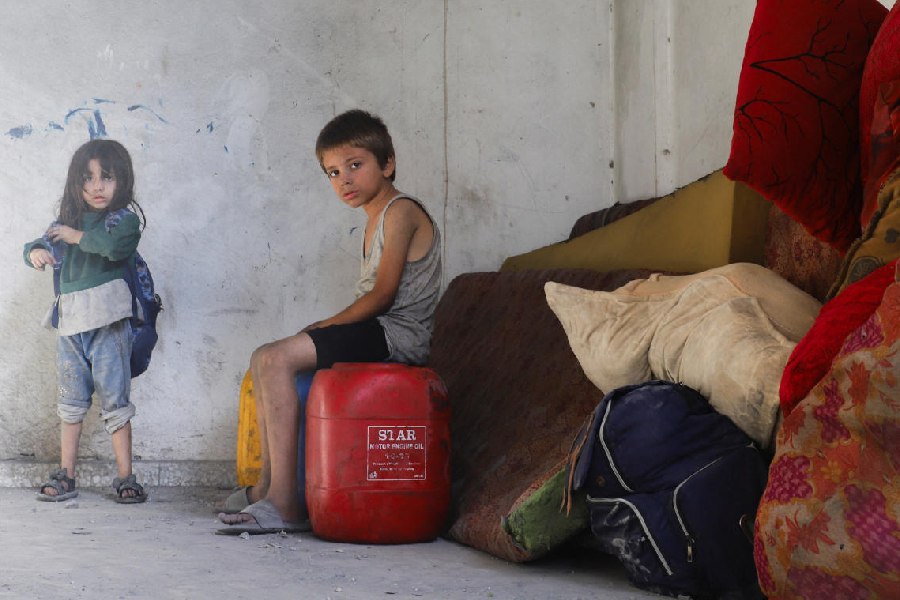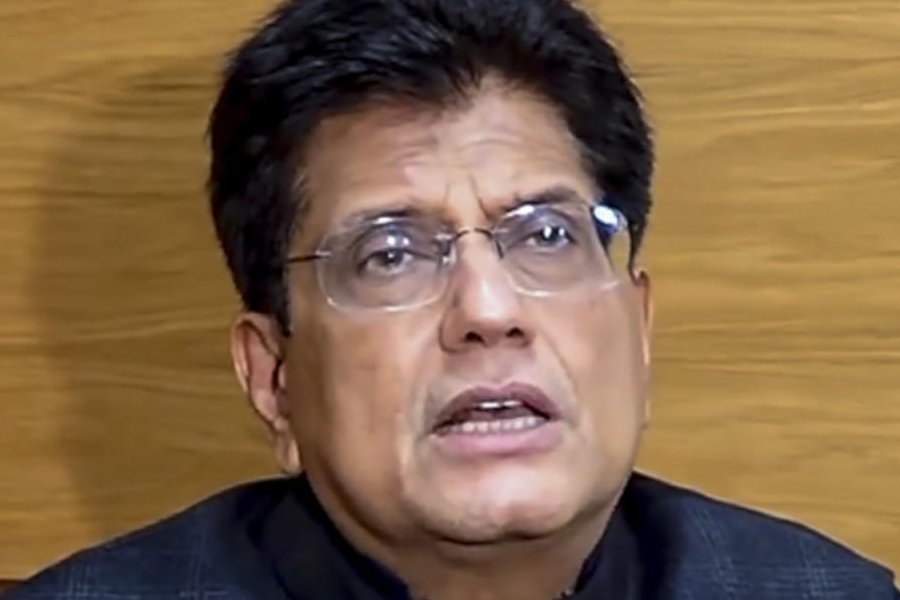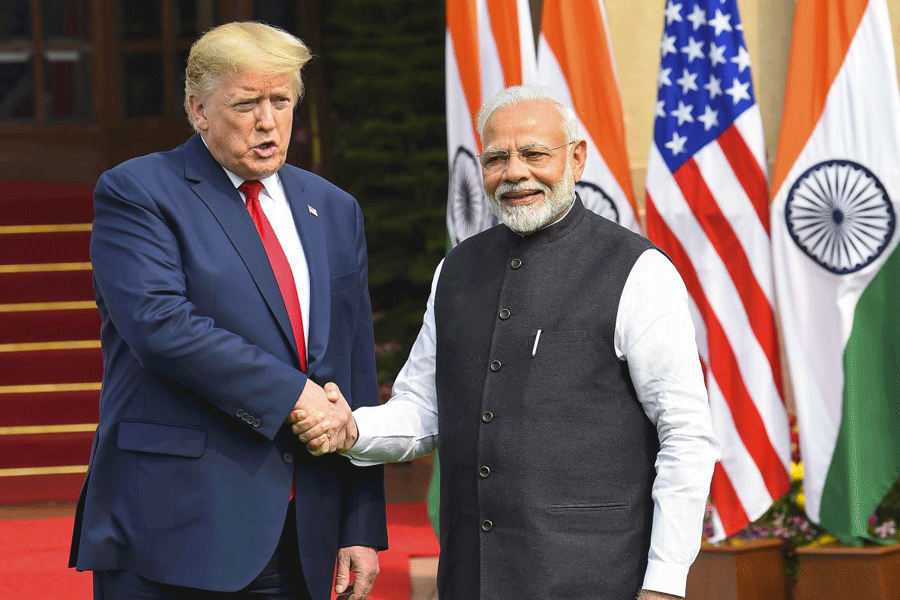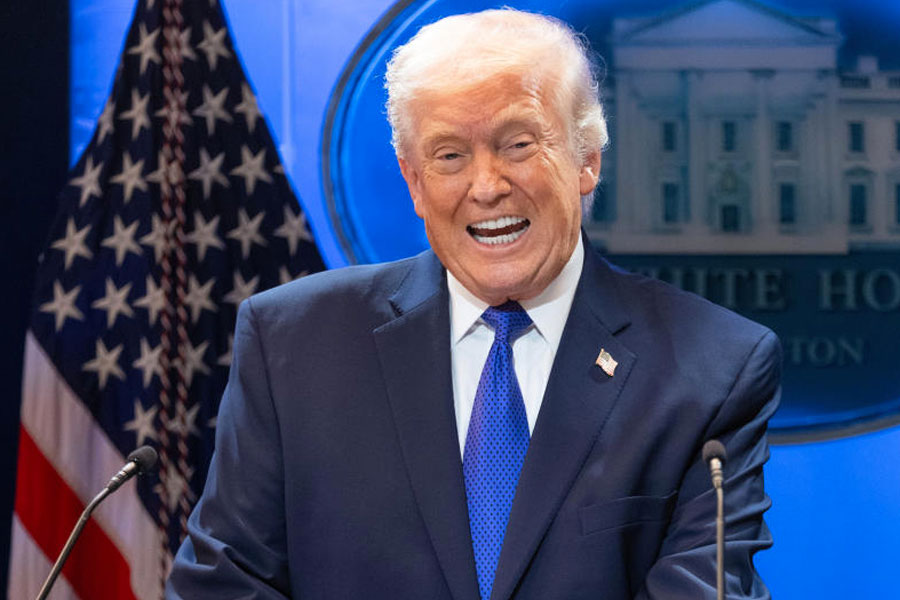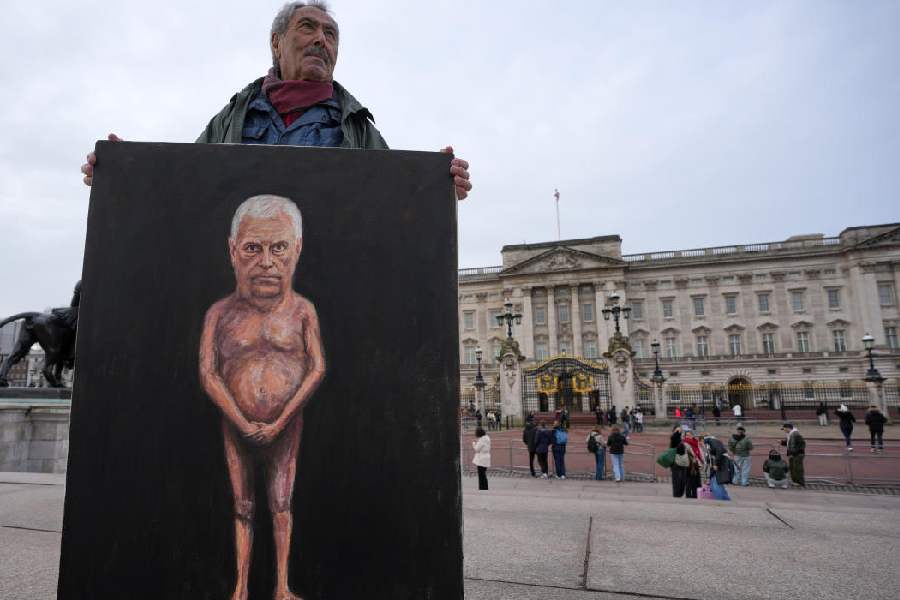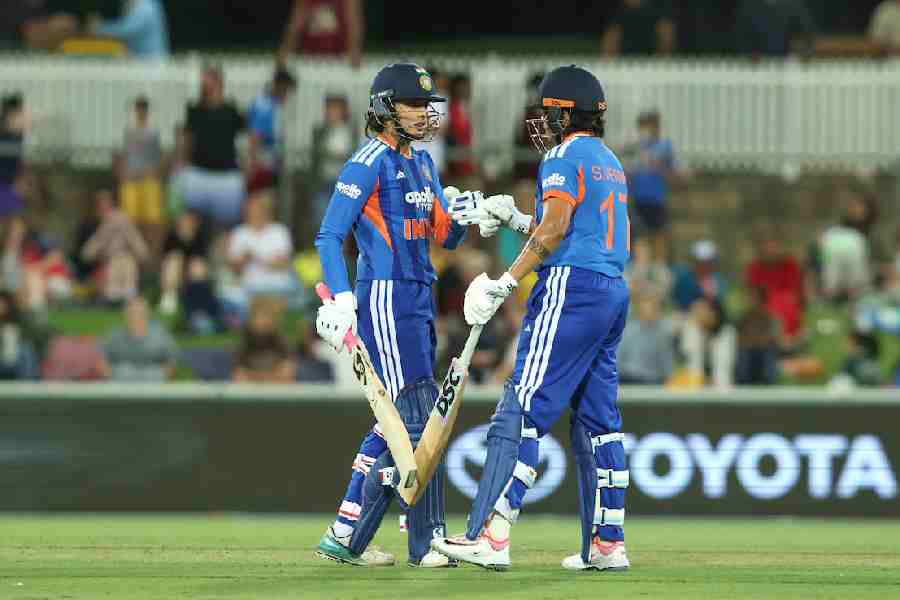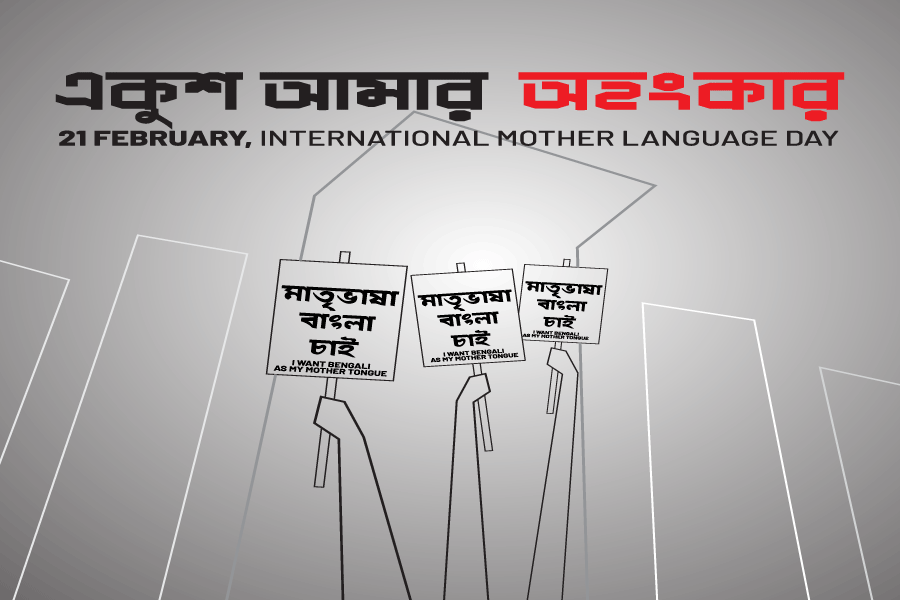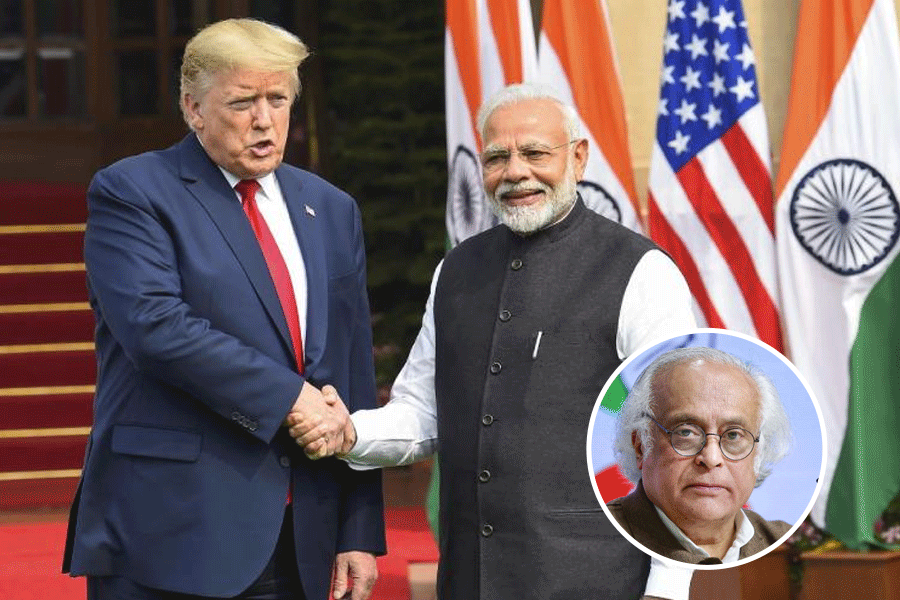Dear People of Palestine,
We write to you with a deep and growing sense of sorrow. With anger at ourselves. With guilt.
We write to you — our Palestinian brothers and sisters — not as representatives of a state, but as people who are wounded by what our country has become. As Israeli bombs fall on Gaza, as entire families are buried under rubble, as children are pulled lifeless from the arms of survivors, our government remains unmoved. It abstains from voting. It speaks in abstractions. It hides behind phrases like ‘restraint on all sides’, as though there is any parity between the dispossessed and the occupier, between the refugee and the war machine.
We have watched this silence harden into policy. The very nation that once stood by your struggle now trades in arms and surveillance equipment with the regime that bombs your hospitals and starves your children. We live with the unbearable knowledge that a government we elected chose to side with your colonizers.
Over the past decade, successive Indian governments — most notably the current one — have abandoned a principled stance in favour of ‘strategic neutrality’. This euphemism hides a dangerous realignment. Today, our government cultivates a close and unapologetic relationship with the Israeli state in defence, agriculture and surveillance, reinforced by ideological affinity. Our prime ministers no longer stand at the United Nations to speak of Palestine’s rights — they stand beside Israeli leaders and celebrate ‘shared civilizational values’, without acknowledging the walls, checkpoints and blood that sustain those values.
Meanwhile, the human catastrophe unfolding in your land has surpassed every measure of cruelty. Since October 2023, Israel’s military campaign — ostensibly in response to Hamas’s attacks — has turned into the mass destruction of civilian life. Over 60,000 of your brothers and sisters in Gaza have been killed, tens of thousands wounded and entire neighbourhoods levelled. Nearly two million have been displaced. The civilian infrastructure of Gaza — hospitals, schools, refugee camps — has been systematically bombed. Food and water have been cut off. Even international aid convoys coming to you have been targeted, like the civilian flotilla carrying humanitarian aid — part of the ‘Freedom Flotilla’ mission — which the Israeli navy forcibly blocked in June 2025…
…Starvation is no longer a consequence. It is a weapon of war. It is policy. That there is a genocide going on is not hyperbole; it is the language of credible observers, including the UN. The International Criminal Court has now issued arrest warrants against Israeli leaders for war crimes, including the use of starvation as a weapon. The Israeli attack on you is not merely a military campaign — it is an annihilation of life and memory.
…And yet India, a country that once spoke powerfully of justice for the dispossessed, remains on the sidelines, steering clear of moral clarity on the issue.
We are told now that India must choose realpolitik over principle, trade over empathy, alliances over solidarity. But when did it become naïve or foolish to uphold the legacy of anti-colonialism? When did the freedom of one people become negotiable in the calculus of another’s strategic interests?
When you are hurt, our state keeps quiet. When you bleed, our state says nothing. When the children of Gaza are pulled out of rubble, our leaders remain unmoved. They do not mourn you. They do not mention you. They do not stand with you.
But we do. And we remember.
We remember that there was a time when India’s support for Palestine was not merely a gesture of solidarity but an articulation of our anti-colonial imagination. We remember that Mahatma Gandhi opposed the creation of Israel on Palestinian land. He had said, as far back as 26 November 1938, in Harijan:
Palestine belongs to the Arabs in the same sense that England belongs to the English or France to the French. It is wrong and inhuman to impose the Jews on the Arabs. What is going on in Palestine today cannot be justified by any moral code of conduct… Surely, it would be a crime against humanity to reduce the proud Arabs so that Palestine can be restored to the Jews partly or wholly as their national home.
We remember that Jawaharlal Nehru delayed the recognition of Israel and insisted on a just settlement for the Palestinians. We remember that Indira Gandhi supported Yasser Arafat. We remember the warmth with which she welcomed him on his visit to Delhi. He once referred to her as his ‘elder sister’. India was one of the first non-Arab states to recognize the Palestine Liberation Organization as the sole legitimate representative of the Palestinian people...
…It is no surprise, then, that those who govern us are silent when a genocide is being telecast live.
India, once a voice of the Global South, now speaks the language of arms deals and joint defence exercises…
...Not all of us support this government. Not all of us support genocide. Not all of us are indifferent to your pain. Students in universities across India and civil society groups still try to organize solidarity events, hold vigils, write poetry and refuse to be cowed by state censorship. In art, theatre and protest, Palestine remains a name that moves us — not only because of your suffering, but because of your defiant grace. The image of a child throwing a stone, the keffiyeh on a poet’s shoulder, the colours of your flag — these are not foreign symbols. They are reminders of who we once were, and who we could still become.
We see you. We read your poets. We try to teach our children about you. We draw your flag on our placards. We say your names in protest meetings. We put up your map in campus canteens. We do not always succeed in demonstrating. But we try.
Today, as Gaza bleeds and the Israeli war machine flattens homes, hospitals and history itself, the memory of our solidarity for your cause can sometimes seem distant. But it would be a grave mistake to treat that memory as irrelevant. Our early commitment to your self-determination was forged in an anti-imperialist ethic that refused to sanctify occupation, settler expansion or racial hierarchy.
…Your cause, the liberation of Palestine, is not a sectarian issue. It is not an Arab grievance. It is a global question of justice. And our silence is not neutral. It is complicit.
Excerpted from In Praise of Coalition and Other Essays on Indian Democracy by Manoj Kumar Jha; Speaking Tiger Books

